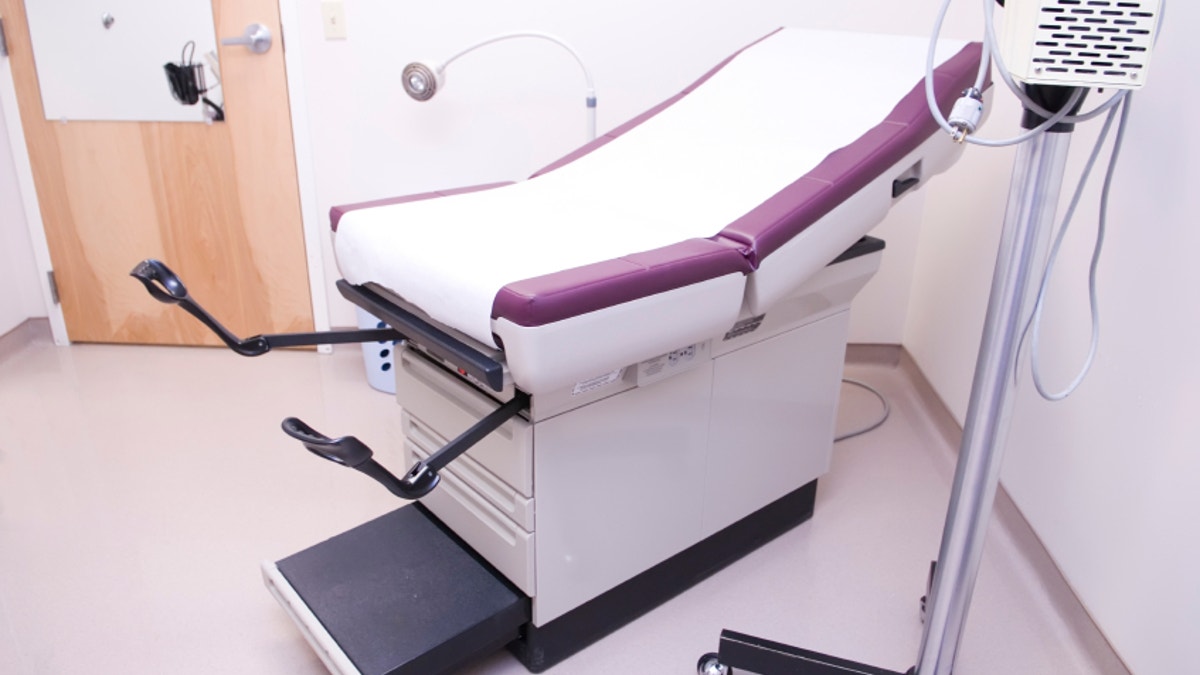
An increasing number of younger women in the United States are delaying their first Pap test for cervical cancer until after they reach 21, reflecting new U.S. guidelines, health officials said on Thursday.
But 60 percent of U.S. women who have had a total hysterectomy and no longer have a cervix are still getting the tests, a sign that old habits may die hard, experts said.
Although an annual Pap test was once the standard of care, most professional groups including the American Cancer Society, the American College of Obstetricians and Gynecologists, and the U.S. Preventive Services Task Force, a government-backed panel, now recommend that most women get tested every three to five years, and that younger women delay their first test until 21.
And these same three groups agree that screening is unnecessary for most women who have had a total hysterectomy - the removal of the uterus and cervix - for non-cancerous reasons. Likewise, women over 65 who have had years of negative tests no longer need to be screened.
The guidelines are meant to curb overscreening, which increases the risk of unnecessary surgery and preterm birth in younger women, and adds unnecessary cost to the care of women over 65 who have never had a problem Pap and those who have had their cervix removed.
In light of the changes, two teams at the U.S. Centers for Disease Control and Prevention analyzed Pap test data from 2000 to 2010 to see how well doctors were adjusting to the call for less frequent screening.
They found the number of women aged 18 to 21 who had never been screened doubled, rising to 47.5 percent in 2010. The team also found that in 2010, women age 30 and older were less likely to report having a Pap test in the last three years.
And while Pap testing fell among women who had a hysterectomy, dropping to 60 percent in 2010 from 73 percent in 2000, the number still reflects significant overtreatment.
Meg Watson, an epidemiologist with CDC's Division of Cancer Prevention and Control, said there are some women who need to continue screening after a hysterectomy, including those whose surgery was done to remove cancers. But that number is small.
"We feel that this would still be a minority of women, and it should not be the 60 percent that we're seeing now," she said.
CDC researchers said the guideline changes are recent, but the trends do reflect a shift toward adhering to them.
Test 'deeply entrenched'
Dr. David Chelmow, a professor of obstetrics and gynecology at Virginia Commonwealth University Medical Center, who helped write the latest ACOG guidelines, concedes that it makes little sense to continue to give regular Pap smears to so many women who already have had a hysterectomy.
"It's tough to get cervical cancer without a cervix," he said.
Chelmow said widespread cervical cancer screening has significantly reduced cervical cancer rates in the United States, which have fallen by 70 percent in the last four decades.
The practice of annual Pap tests is "deeply, deeply entrenched," he said.
Although overscreening adds to health costs and unneeded worry and procedures for everyone, overscreening young women may carry even greater risks because treatments can weaken the cervix and hamper a young woman's chances of carrying a child full term, said Watson of the CDC.
Cervical cancer is a slow-growing cancer caused by exposure to certain strains of the human papillomavirus (HPV), a common sexually transmitted disease that causes precancerous abnormalities of the cervix.
In women under 21, HPV infection is very common, but cancer itself is "vanishingly rare," occurring at a rate of about one in 1 million, Chelmow said.
Cervical cancer is the second most common cancer in women worldwide, with about 500,000 new cases and 250,000 deaths each year, according to the World Health Organization.
In the United States, about 12,000 women developed new cases of cervical cancer last year, and 4,220 women died from their cancer, according to the American Cancer Society.
Most deaths occur in women who were infrequently screened or were not screened at all.
